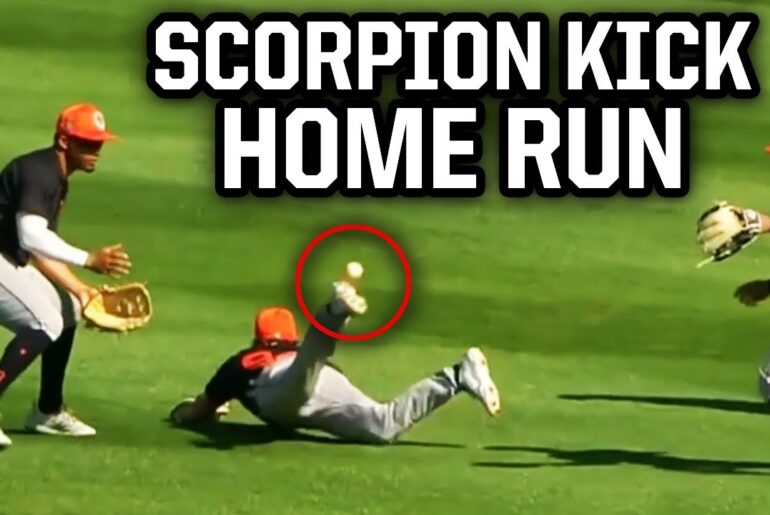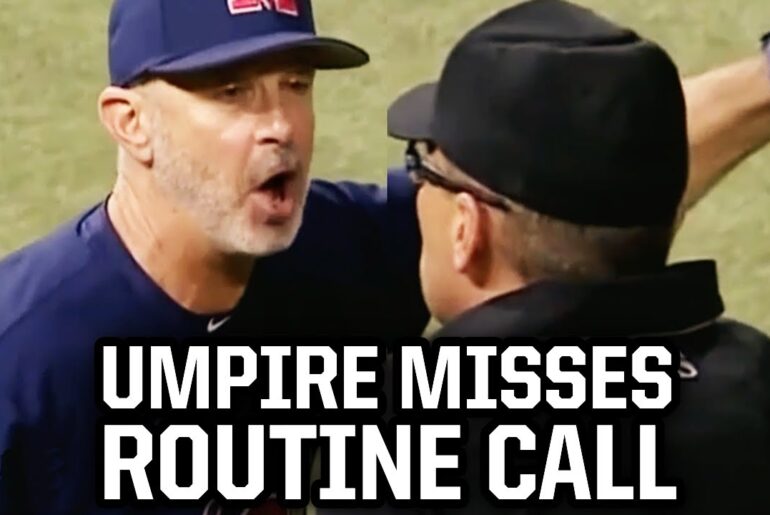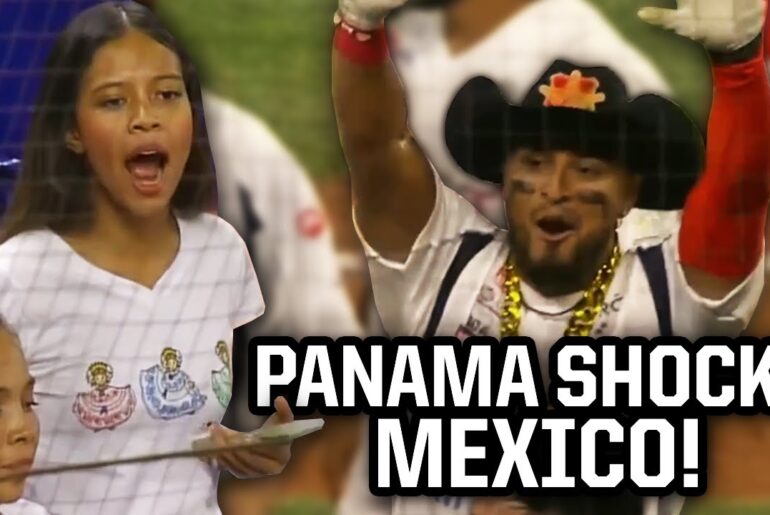In a recent baseball game between the Orioles and the A’s in Oakland, a seemingly routine play turned into a contentious umpire call, sparking a heated argument between the umpire and the Orioles’ manager. The incident took place during a game where both exceptional defensive plays and questionable umpiring decisions took center stage.
Fantastic Foul Ball Catch and Ricochet Drama
Before the controversial call, the game witnessed a spectacular foul ball bare hand catch, earning the fielder much-deserved applause from the crowd. The catch, executed with incredible style, added a dash of excitement to the game.
The Umpire Call and Mancini’s Frustration
The pivotal moment arose when Mancini hit a ground ball that deflected off the pitcher’s leg. As he ran to first base, the first baseman failed to catch the ball, leading Mancini to attempt a run to second base. However, the catcher swiftly tagged him, and the umpire called him out.
Mancini, visibly frustrated, protested the call, claiming that he had reached second base safely. He expressed disbelief, using strong language to convey his displeasure at the umpire’s decision. The Orioles’ manager quickly came to Mancini’s defense, engaging in a heated exchange with the umpire.
Debating the Intent and Rules
The argument revolved around the interpretation of Mancini’s movements. The rules dictate that for a runner to be called out when attempting to reach the next base, their intention to advance must be clear. However, the situation proved ambiguous as Mancini executed a jump turn without looking directly at second base.
The Orioles’ manager contested the umpire’s assertion that Mancini’s intent to advance was absent, claiming that the jump turn did not signify a definitive stop or an indication that he wasn’t going to second base.
The Role of the First Base Coach and Frustration with Umpire Decision
The Orioles’ manager also pointed out the role of the first base coach, who may inadvertently influence the umpire’s perception by signaling the runner to return to first base. This observation highlighted the complexities and challenges in making split-second decisions in the game.
Post-Argument Drama
Following the heated argument, Mancini headed back to the clubhouse, still seething with anger at the umpire’s call. The Orioles’ manager joined him, sharing his frustration and disappointment over the umpire’s refusal to reconsider the call after reviewing the play on an iPad.
The Contemplative Umpire
In the aftermath of the controversy, the umpire, Rob Drake, contemplated his decision-making. He sported a goatee, which sparked some debate about whether it was a suitable look for him. Regardless of his appearance, the umpire seemed thoughtful about the calls made during the game.
Conclusion
The game between the Orioles and the A’s in Oakland will be remembered not only for the impressive defensive plays but also for the intense umpire-manager argument that ensued. The incident highlighted the complexities and challenges faced by umpires in making instantaneous decisions, as well as the emotions that can arise when critical calls do not go in favor of the players and their managers.



